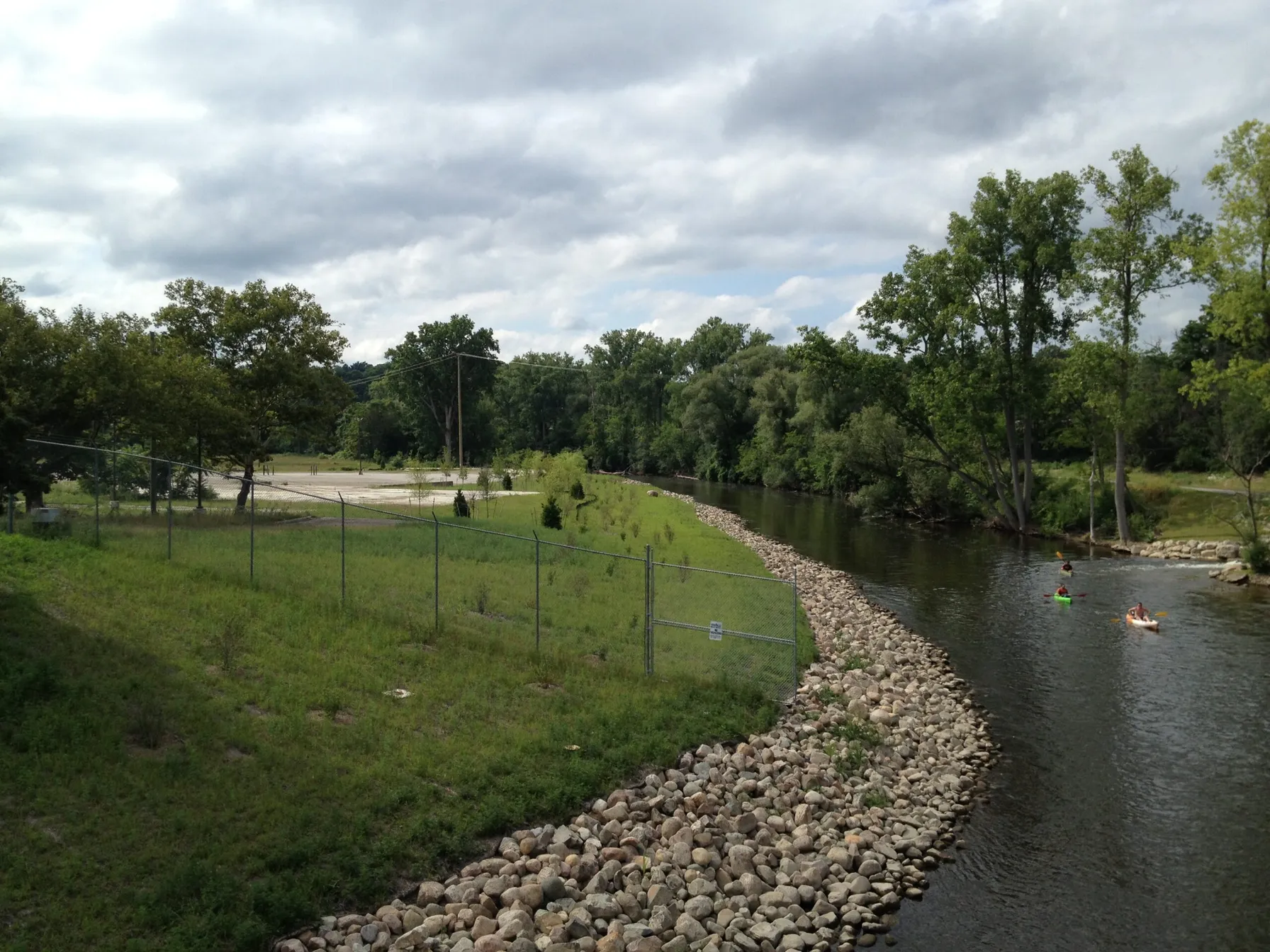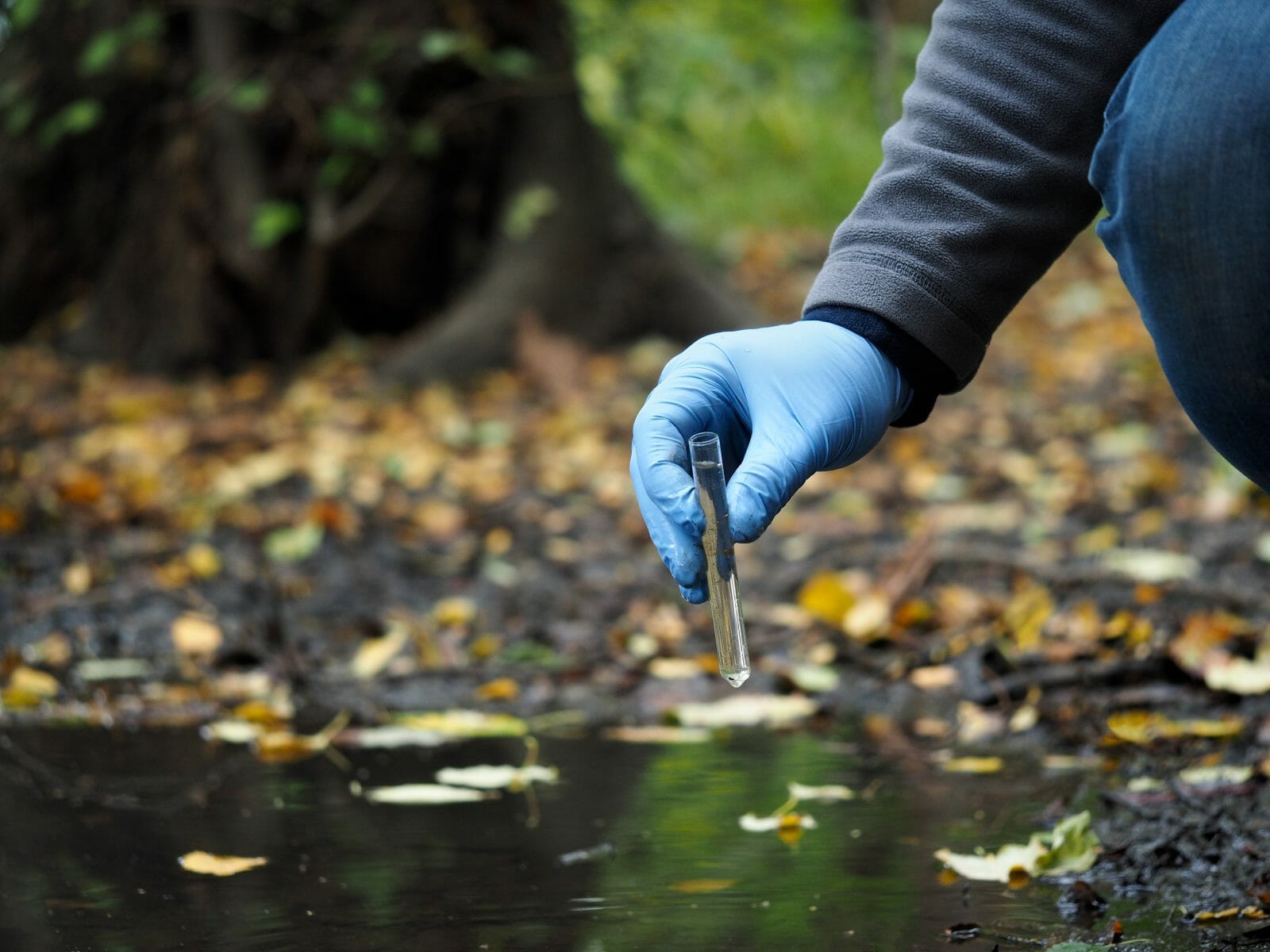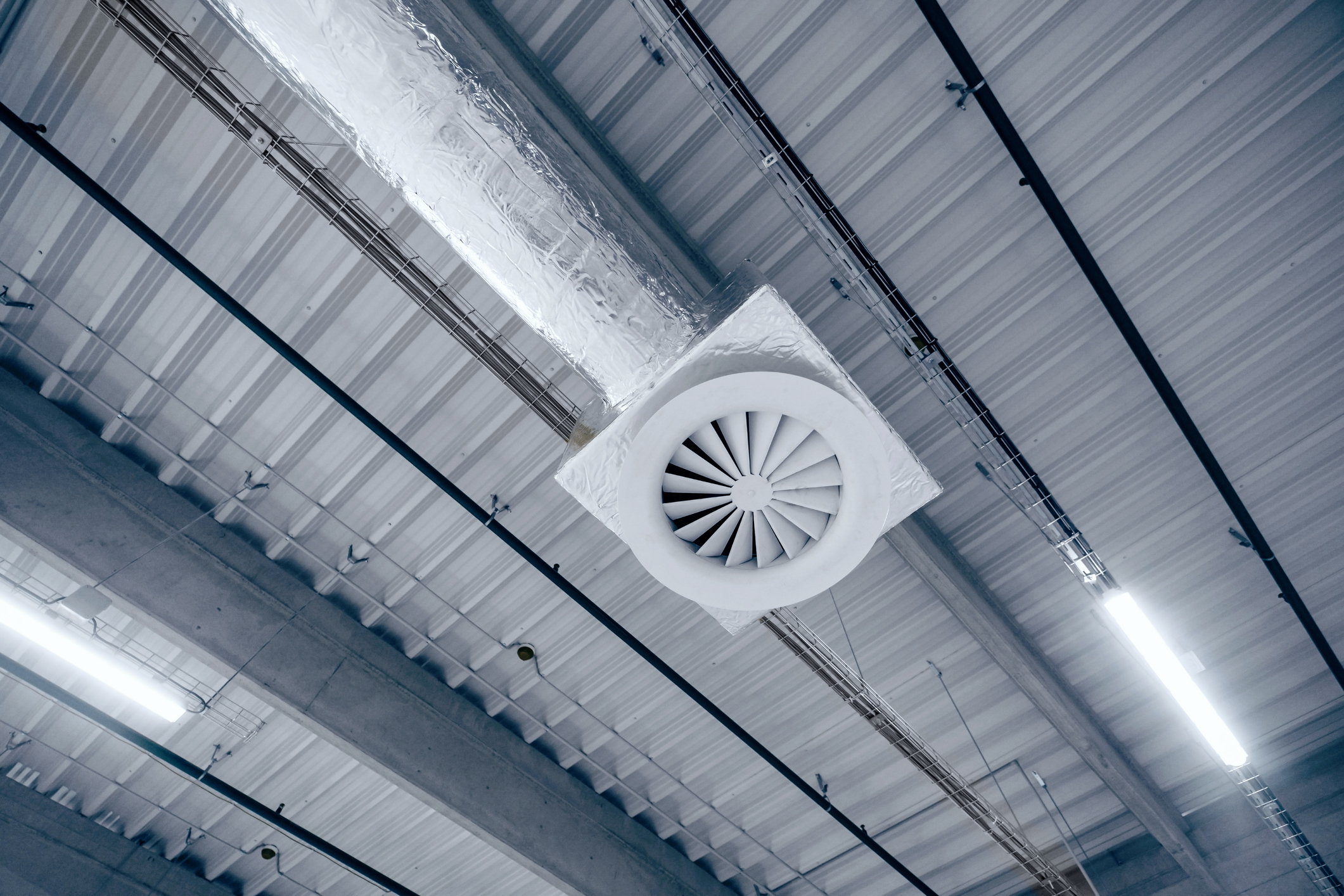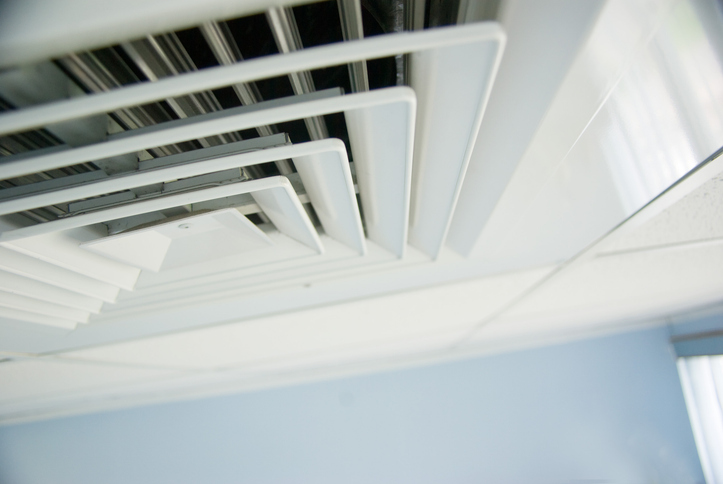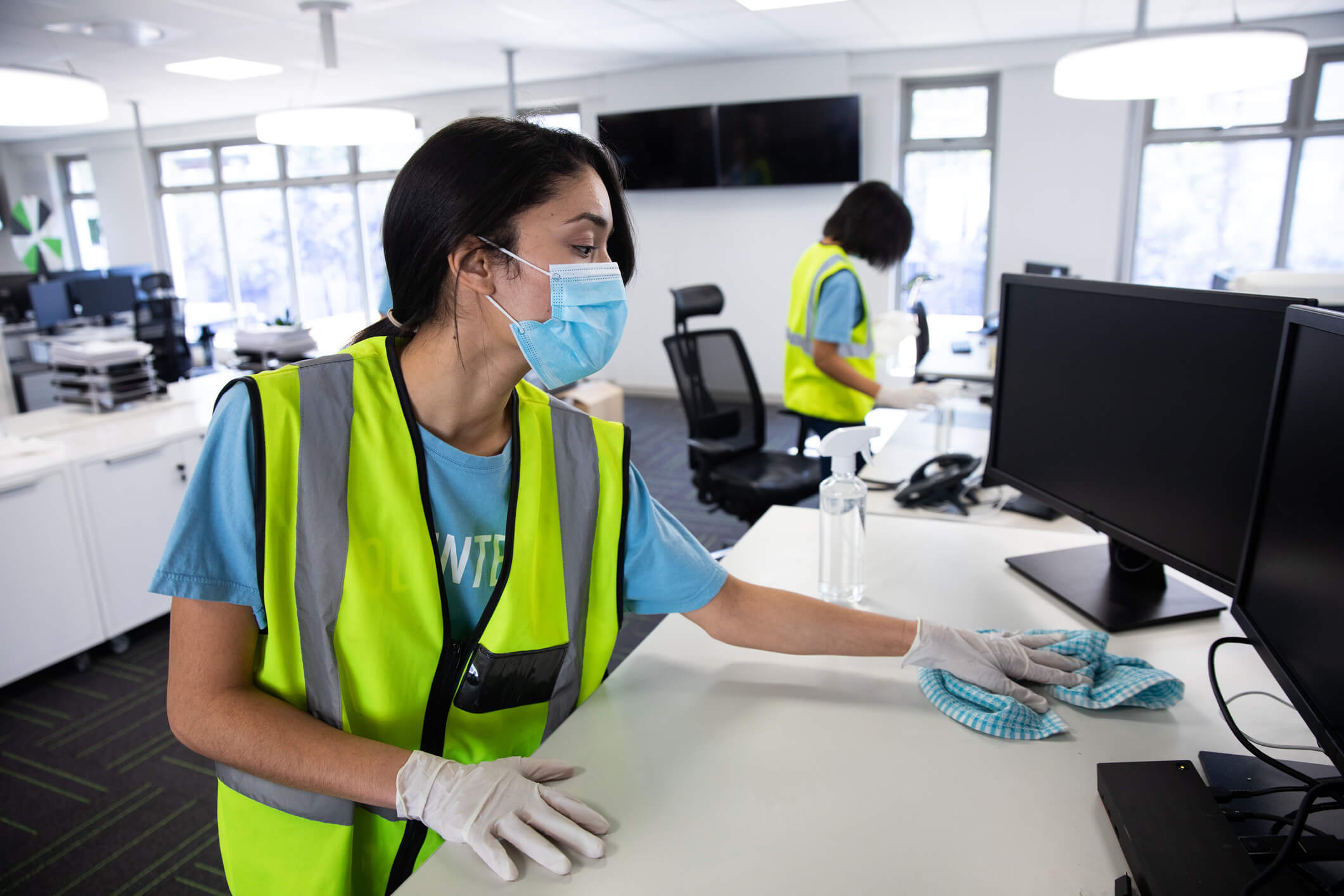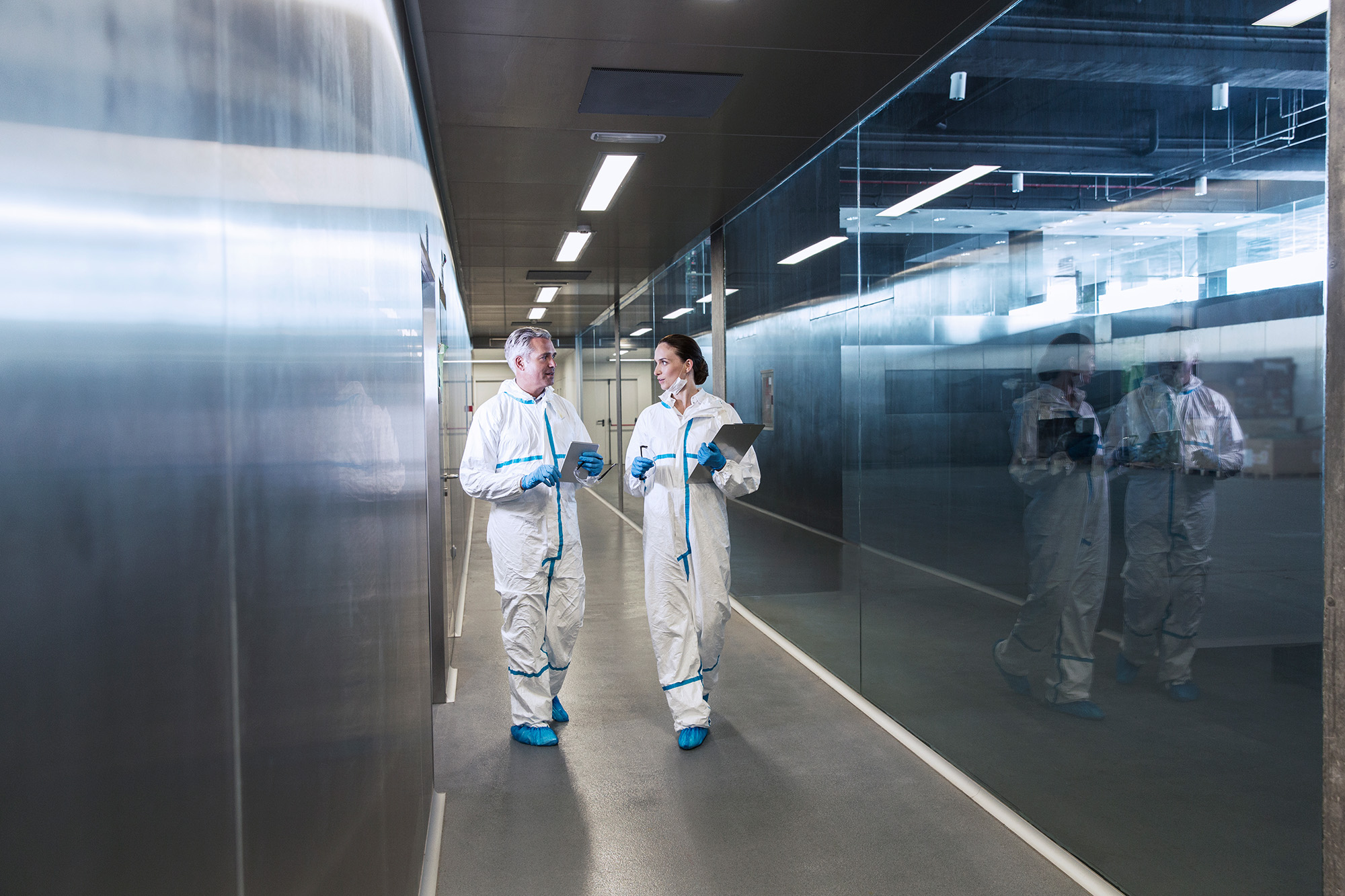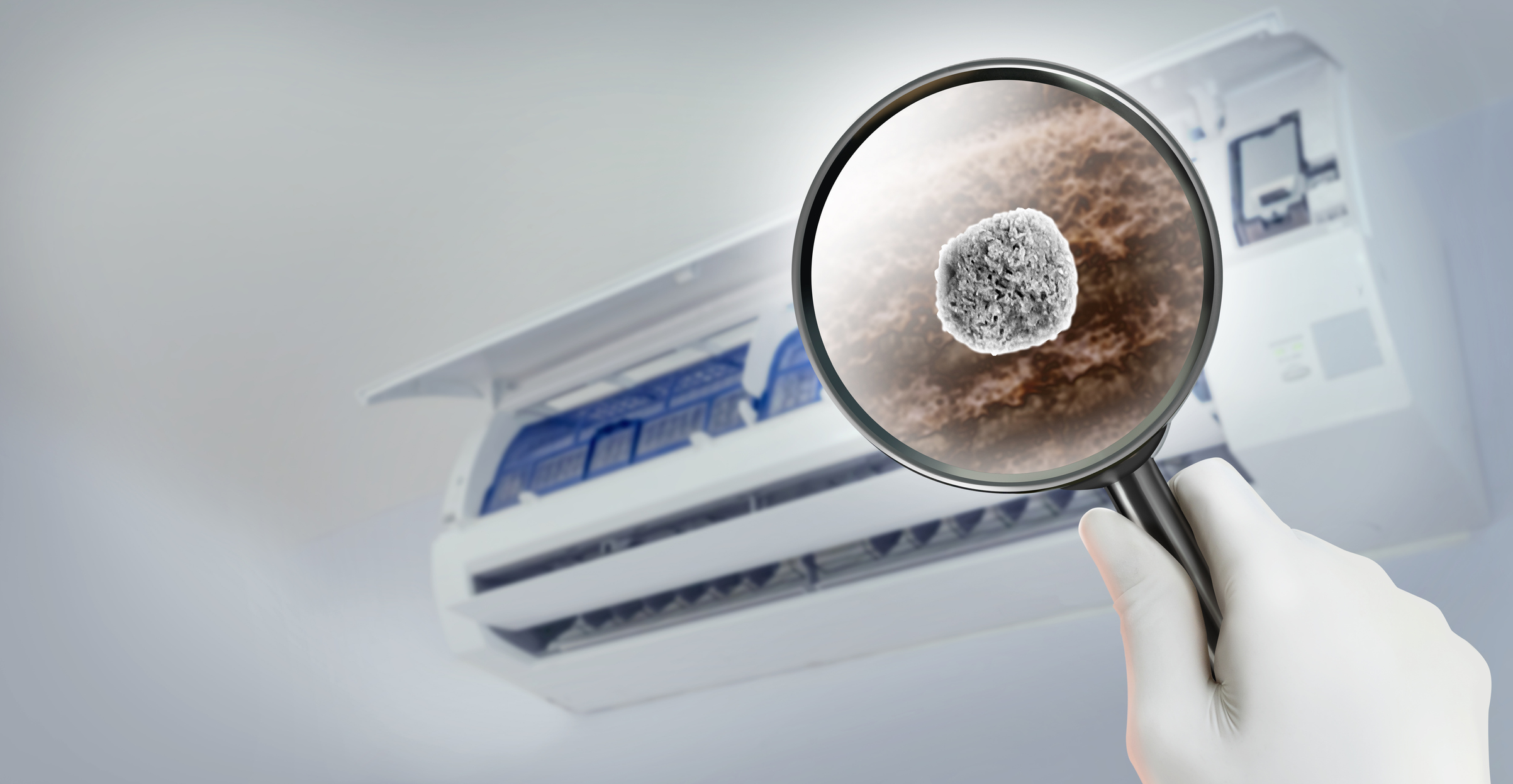Radon is a colorless, tasteless, odorless radioactive soil gas that migrates into buildings of all types, sizes and ages.
As radon accumulates in buildings, occupants can become at increased risk for lung cancer if they are exposed to it over long, sustained periods of time. Radon is second only to smoking as the leading cause of lung cancer in the United States, causing some 21,000 deaths each year. The only way to know you have a radon issue in a building is to test for it, and the EPA recommends everyone protect their health by testing not only their homes for radon, but also schools and other regularly occupied buildings (commercial buildings, mixed-use, etc.).
Radon Testing and Mitigation Updates
While there are numerous types of devices and methods to test for radon, there are also several pitfalls in procedures and accuracy with testing that can produce misleading and inaccurate data, especially in multi-family housing buildings, child-care facilities, schools, dorms and other commercial and mixed-use buildings. As such, EPA now recommends states recommend/require that radon testing and mitigation be performed both in accordance with ANSI/AARST Voluntary Consensus Radon Standards (recently updated and effective as of Dec 1, 2023) and by individuals/firms maintaining national certifications as qualified radon measurement/mitigation specialists from the National Radon Proficiency Program (NRPP)/ National Radon Safety Board (NRSB).
Further, with respect to real estate transaction due diligence and multi-family mortgage financing, the FHFA and their Enterprises (Fannie Mae/Freddie Mac) also recently updated their radon testing policy requirements (updated and effective as of June 30, 2023) requiring increased testing and use of environmental professionals to manage the radon testing process. This policy intends to proactively address radon concerns in multi-family housing to provide safe and healthy housing for tenants.
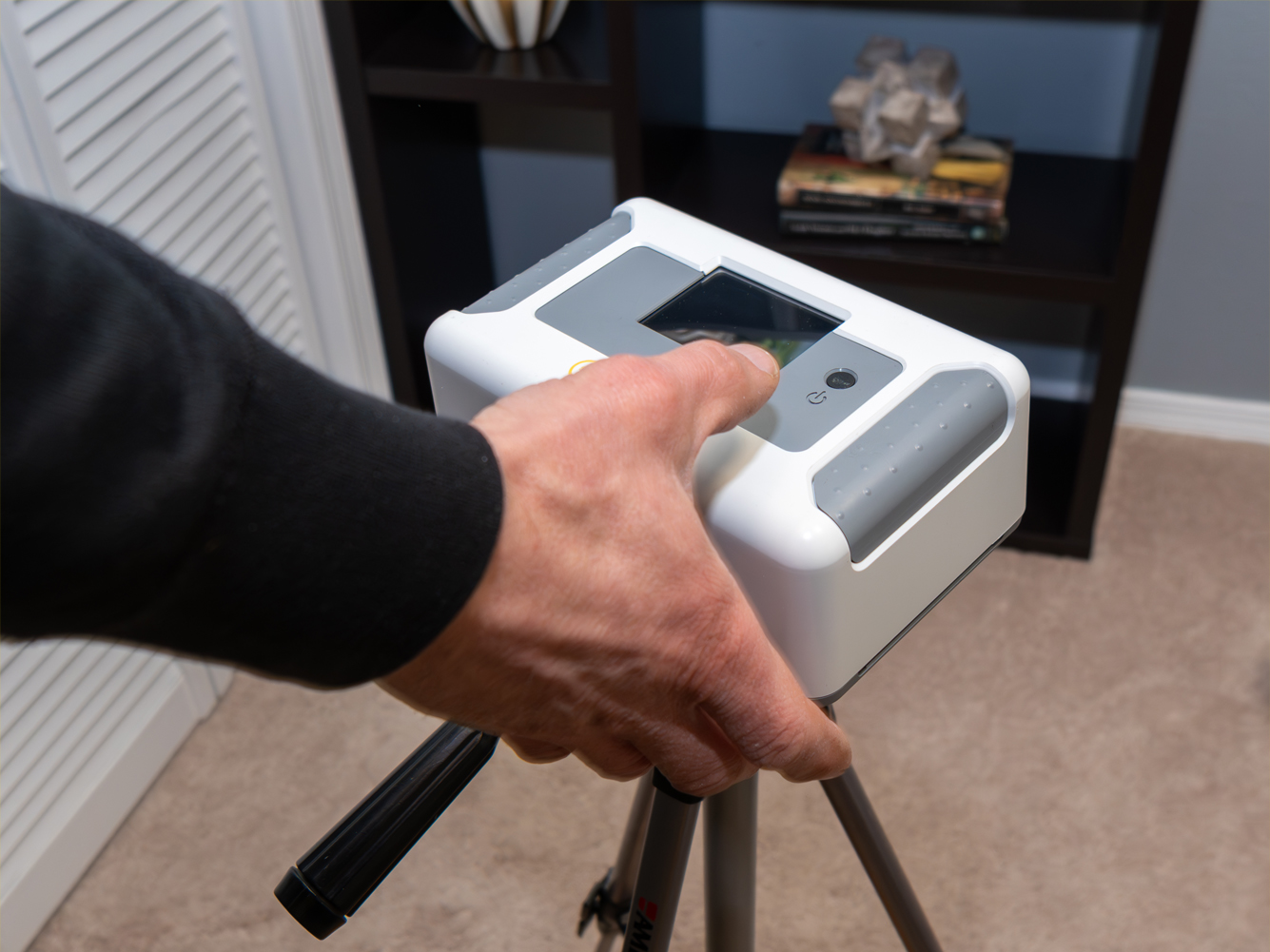
TRC Can Help
TRC maintains both NRPP and NRSB certifications for providing radon measurement and mitigation design and maintains its own in-house NRPP/NRSB accredited laboratory for radon analysis. We possess decades of experience in successfully providing radon consulting services in accordance with industry best practices, EPA/ANSI/AARST consensus standards and FHFA policy requirements.
Related Materials
TRC’s Risk Factor Newsletter
Maintaining a safe workplace is key to building a resilient and successful organization. Learn how to navigate the many health and safety risks that your business may face by subscribing to our newsletter.




